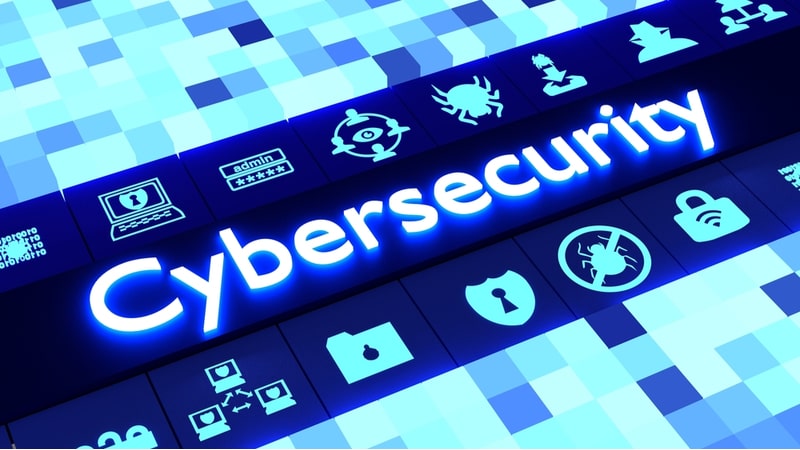
Anne Neuberger, deputy national security advisor for cyber and emerging technology on President Biden’s National Security Council (NSC), said this week that the administration is working on a new national cybersecurity strategy and that it will likely feature some of the recommendations that have already been made by the President’s National Security Telecommunications Advisory Committee (NSTAC) but not yet implemented.
Neuberger made her remarks on the coming cybersecurity strategy at a Feb. 10 NSTAC virtual meeting. Her remarks were confirmed by MeriTalk from a source that listened in on the call.
President Biden said last week during a speech at the State Department that the administration has “elevated the status of cyber issues within our government,” citing the creation of Neuberger’s position on the NSC. “We’re launching an urgent initiative to improve our capability, readiness, and resilience in cyberspace,” he said.
Speaking at the NSTAC meeting, Neuberger told the committee that recommendations under consideration for the coming strategy included those related to software supply chain security and adoption of a whole-of-nation approach on U.S. leadership with technology issues.
“We’ve got to move beyond mere information-sharing as our strategy,” Neuberger said. “We’ve got to work toward measurable outcomes and implementing ways to reduce the risk of something like this happening again.” And she said the administration wants to “redouble” its efforts on international engagement on cybersecurity issues.
The NSTAC released a Feb. 10 letter to President Biden in which it highlighted some of its previous recommendations that have not yet been acted upon by the executive branch. Those include:
A 2018 call for a cybersecurity “moonshot” policy statement “to catalyze national leadership, political will, and a sustained whole-of-nation effort to boldly assure digital trust, safety and reliance for all Americans”;
A 2017 list of recommendations including accelerating adoption of cybersecurity guidelines, promoting software and supply chain assurance, improving public-private partnerships, and raising costs for cyber threat actors; and
A 2019 report on a whole-of-nation approach to ensure U.S. leadership in emerging technologies including 5G wireless, AI, and quantum computing.
“The NSTAC’s mission has never been more important,” the commission said in its Feb. 10 letter. “With the Nation increasingly dependent on ICT for economic continuity and security in the midst of the coronavirus (COVID-19) pandemic, America is challenged by adversaries who have tainted critical supply chains, stolen intellectual property, attempted to influence elections, and worked to capture global ICT markets. Faced with these challenges, there has never been a greater need for a strong, well-informed public-private partnership and coordinated action.”
